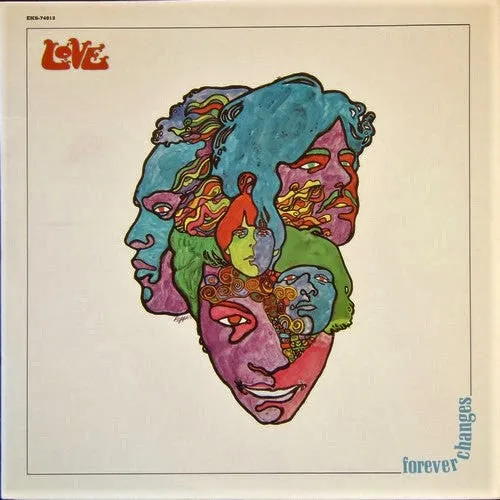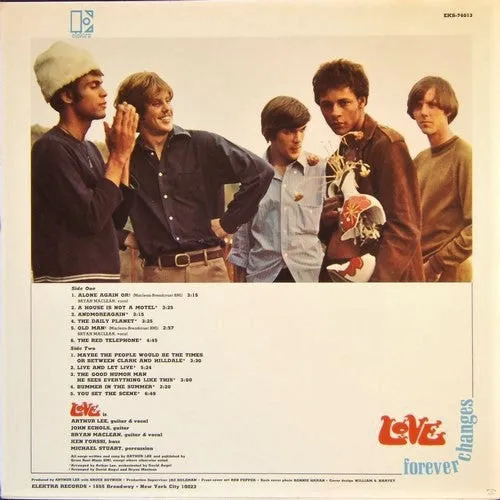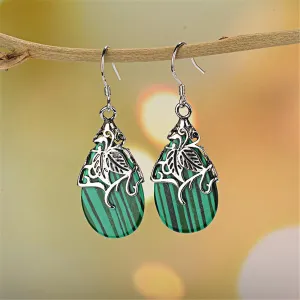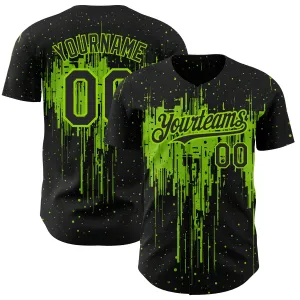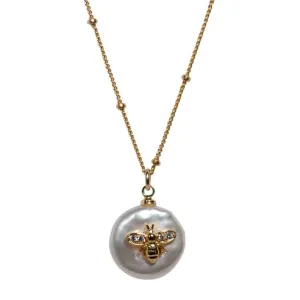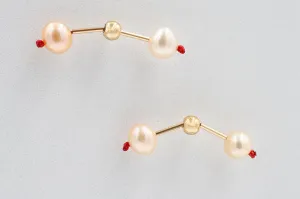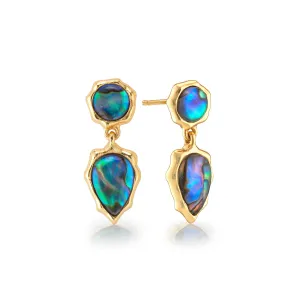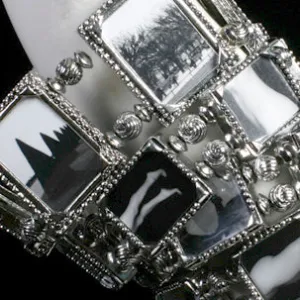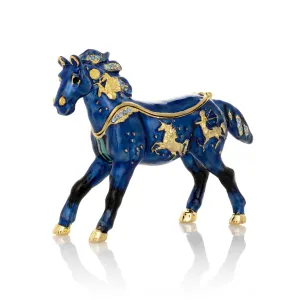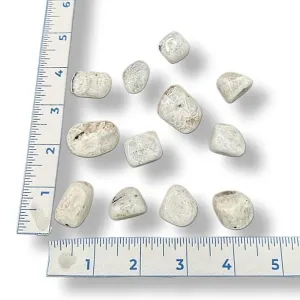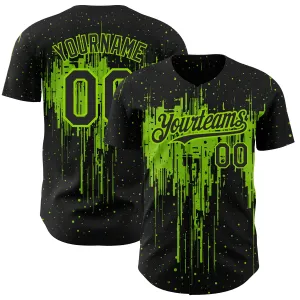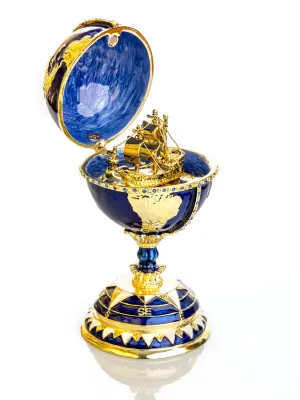*NOTE: There is an audible swoosh that plays lightly for approx. the first 15 seconds of track 1 on side 1, "Alone Again Or." There is also a mark that plays 10 times lightly at the start of the same track.
Some of you may not know this music, but it's a true Must Own Psychedelic Gem from the 60s, a record no rock collection should be without, along with other groundbreaking albums from the 60s such as Surrealistic Pillow, The Doors' debut, the first Spirit album and too many others to list.
If you're looking to demonstrate just how good 1967 All Tube Analog sound can be, this outstanding copy will do the trick.
This Gold Label pressing is spacious, sweet and positively dripping with ambience. Talk about Tubey Magic, the liquidity of the sound here is positively uncanny. This is vintage analog at its best, so full-bodied and relaxed you'll wonder how it ever came to be that anyone seriously contemplated trying to improve it.
This is the sound of Tubey Magic. No recordings will ever be made like this again, and no CD will ever capture what is in the grooves of this record. Of course there's a CD of this album, but those of us in possession of a working turntable and a good collection of vintage vinyl have no need of it.
What The Best Sides Of Forever Changes Have To Offer Is Not Hard To Hear
- The biggest, most immediate staging in the largest acoustic space
- The most Tubey Magic, without which you have almost nothing. CDs give you clean and clear. Only the best vintage vinyl pressings offer the kind of Tubey Magic that was on the tapes in
- Tight, note-like, rich, full-bodied bass, with the correct amount of weight down low
- Natural tonality in the midrange -- with all the instruments having the correct timbre
- Transparency and resolution, critical to hearing into the three-dimensional studio space
No doubt there's more but we hope that should do for now. Playing the record is the only way to hear all of the qualities we discuss above, and playing the best pressings against a pile of other copies under rigorously controlled conditions is the only way to find a pressing that sounds as good as this one does.
Botnick Before The Door
As engineered by Bruce Botnick, the right pressings give you the kind of low-end punch and midrange presence you hear on The Doors' first album (when you play the right Gold Label originals). Botnick engineered them both, and they are two amazing sounding recordings that put to shame most of what was recorded in 1966 (not Revolver, obviously).
All tube from start to finish, the energy captured on these Hot Stamper pressings has to be heard to be believed. Not to mention the fact that the live-in-the-studio musicians are swimming in natural ambience, with instruments leaking from one mic to another, and most of them bouncing back and forth off the studio walls to boot.
But the thing that impresses us most is how much life there is in the performances. Of course, unless you have a very special pressing there is almost no chance you have ever heard the band exhibit the kind of raw power that's on this album. Not many rock albums recorded in 1966 can compete with it, not for energy and live-in-your-listening-room presence anyway.
Who Knew?
Most audiophiles have no idea how well recorded this album is, simply because most original pressings are just too beat up to play on good equipment, and the reissues that are quiet enough to play rarely did a very good job of encoding the energy and life of the master tape onto their vinyl.
The Butterfly and Small Red E labels are so contemptibly thin and harsh, they're not worth the vinyl they're pressed on.
What We're Listening For On Forever Changes
- Energy for starters. What could be more important than the life of the music?
- Then: presence and immediacy. The vocals aren't "back there" somewhere, lost in the mix. They're front and center where any recording engineer worth his salt -- the aforementioned Bruce Botnick in this case -- would have put them.
- The Big Sound comes next -- wall to wall, lots of depth, huge space, three-dimensionality, all that sort of thing.
- Then transient information -- fast, clear, sharp attacks, not the smear and thickness so common to these LPs.
- Tight punchy bass -- which ties in with good transient information, also the issue of frequency extension further down.
- Next: transparency -- the quality that allows you to hear deep into the soundfield, showing you the space and air around all the instruments.
- Extend the top and bottom and voila, you have The Real Thing -- an honest to goodness Hot Stamper.
Vinyl Condition
Mint Minus Minus is about as quiet as any vintage pressing will play, and since only the right vintage pressings have any hope of sounding good on this album, that will most often be the playing condition of the copies we sell. (The copies that are even a bit noisier get listed on the site are seriously reduced prices or traded back in to the local record stores we shop at.)
Those of you looking for quiet vinyl will have to settle for the sound of other pressings and Heavy Vinyl reissues, purchased elsewhere of course as we have no interest in selling records that don't have the vintage analog magic of these wonderful recordings.
If you want to make the trade-off between bad sound and quiet surfaces with whatever Heavy Vinyl pressing might be available, well, that's certainly your prerogative, but we can't imagine losing what's good about this music -- the size, the energy, the presence, the clarity, the weight -- just to hear it with less background noise.
A Must Own Rock Record
This Demo Disc quality recording should be part of any serious rock collection. Others that belong in that category can be found .

